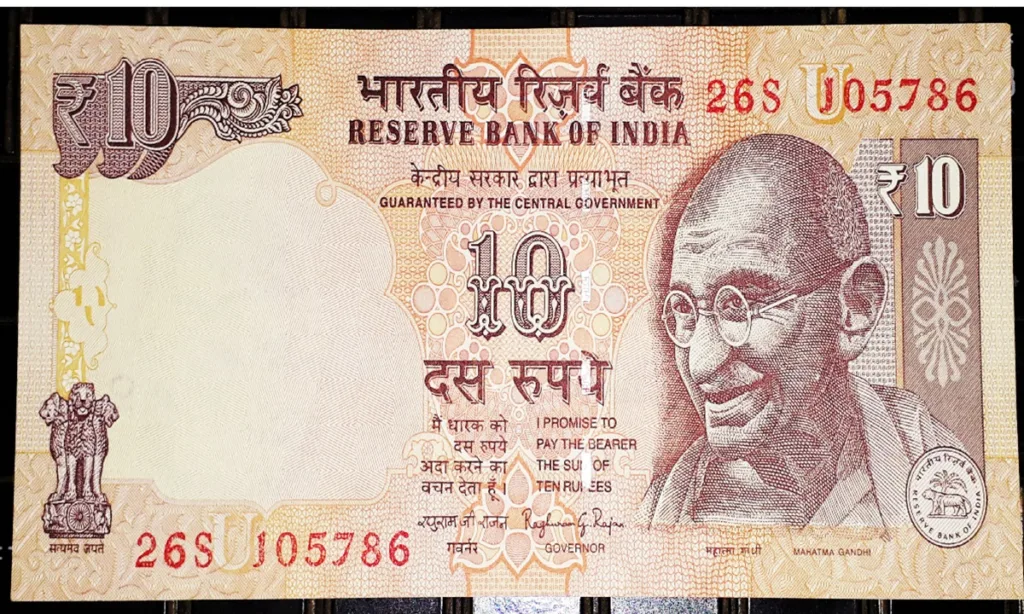Credit Card vs. Debit Card: Understanding the Difference for Savvy Spenders
In today’s fast-paced world, convenience reigns supreme, and plastic cards have become an indispensable part of our wallets. But with so many options available, navigating the world of financial instruments can be confusing, especially when it comes to credit cards vs. debit cards. While both seem similar at first glance, they function fundamentally differently and can significantly impact your spending habits and financial well-being.
Demystifying the Difference: Understanding How Each Card Works
Debit cards are essentially linked extensions of your checking account. When you use a debit card to make a purchase, the funds are deducted directly from your account balance immediately. It’s like using a check, but with the added convenience of a swipe or tap. This ensures you only spend what you already have, promoting responsible budgeting and preventing overspending.
Credit cards, on the other hand, offer a line of credit extended by the issuing bank. Unlike debit cards, using a credit card doesn’t directly debit your bank account. Instead, you borrow money up to a pre-approved limit and are then responsible for paying the bank back later, usually with interest charges if the balance isn’t paid in full by the due date. This “buy now, pay later” approach offers flexibility but requires responsible management to avoid accumulating debt.
Key Differences to Consider: Making an Informed Choice
While both cards offer cashless transactions and purchasing power, understanding their key differences is crucial for making an informed choice:
- Source of Funds: Debit cards directly access your existing funds, while credit cards provide access to borrowed money.
- Spending Limits: Debit cards are limited to your available account balance, while credit cards have pre-set spending limits set by the issuer.
- Building Credit: Responsible credit card use can help build a positive credit history, crucial for securing loans and other financial products in the future. Debit cards generally don’t contribute to credit score building.
- Fraud Protection: Credit cards often offer greater fraud protection compared to debit cards, as you’re not directly spending your own money. However, staying vigilant about unauthorized transactions is essential for both card types.
Choosing the Right Card for You: Aligning with Your Spending Habits
The best card for you depends on your individual financial situation and spending habits. Here’s a quick guide:
- Debit cards are ideal for individuals who prefer to monitor their spending closely and avoid debt. They also promote responsible budgeting as you can only spend what you have.
- Credit cards can be beneficial for building credit, earning rewards points on purchases, and enjoying greater fraud protection. However, it’s crucial to use them responsibly, pay your bills on time, and avoid carrying a high balance to prevent accumulating debt and interest charges.
Ultimately, the key is to understand the distinction between credit cards and debit cards, choose the one that aligns best with your financial goals and spending habits, and use it responsibly for a smooth and secure financial journey.













